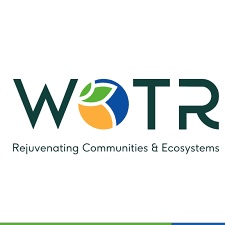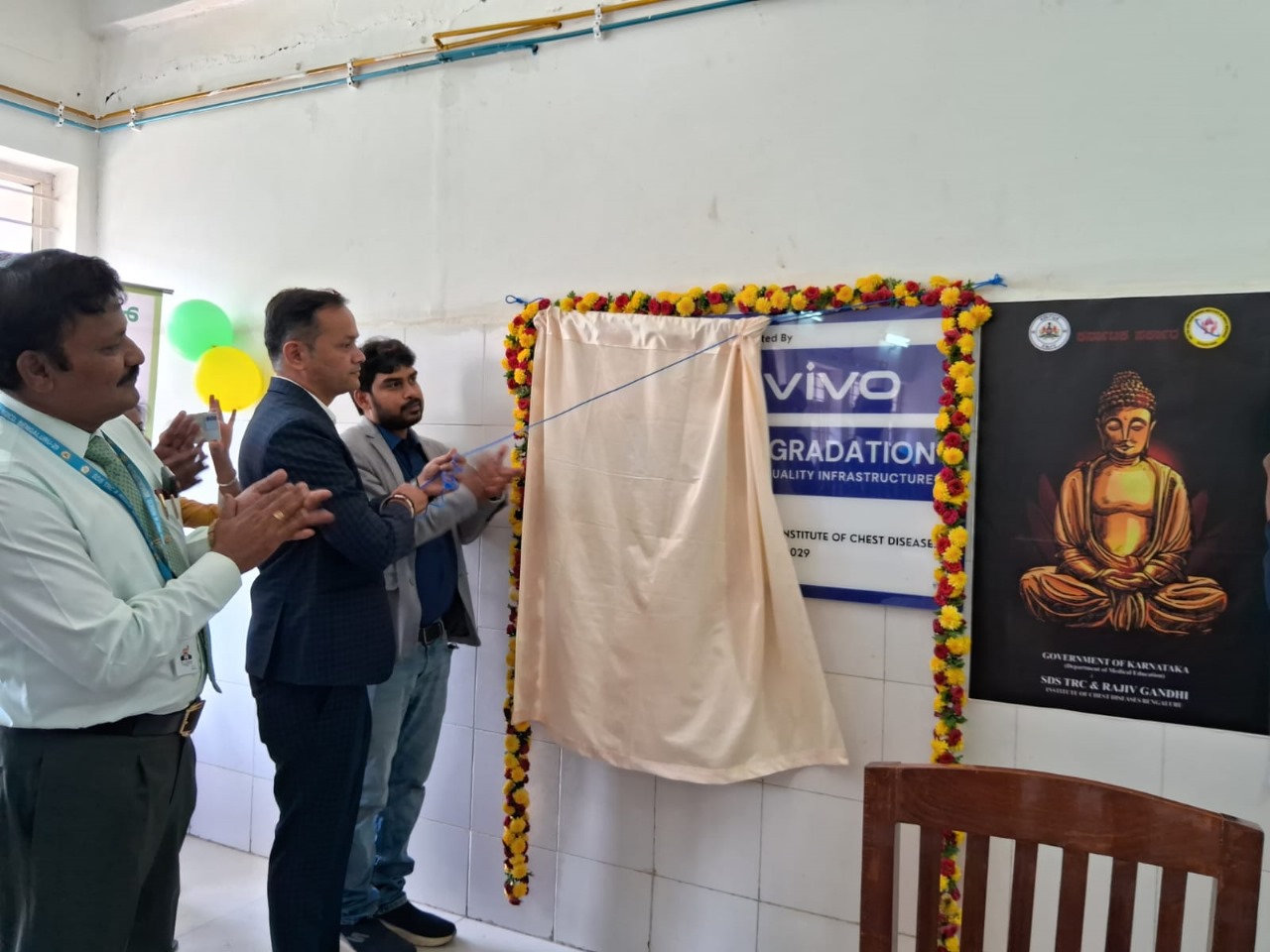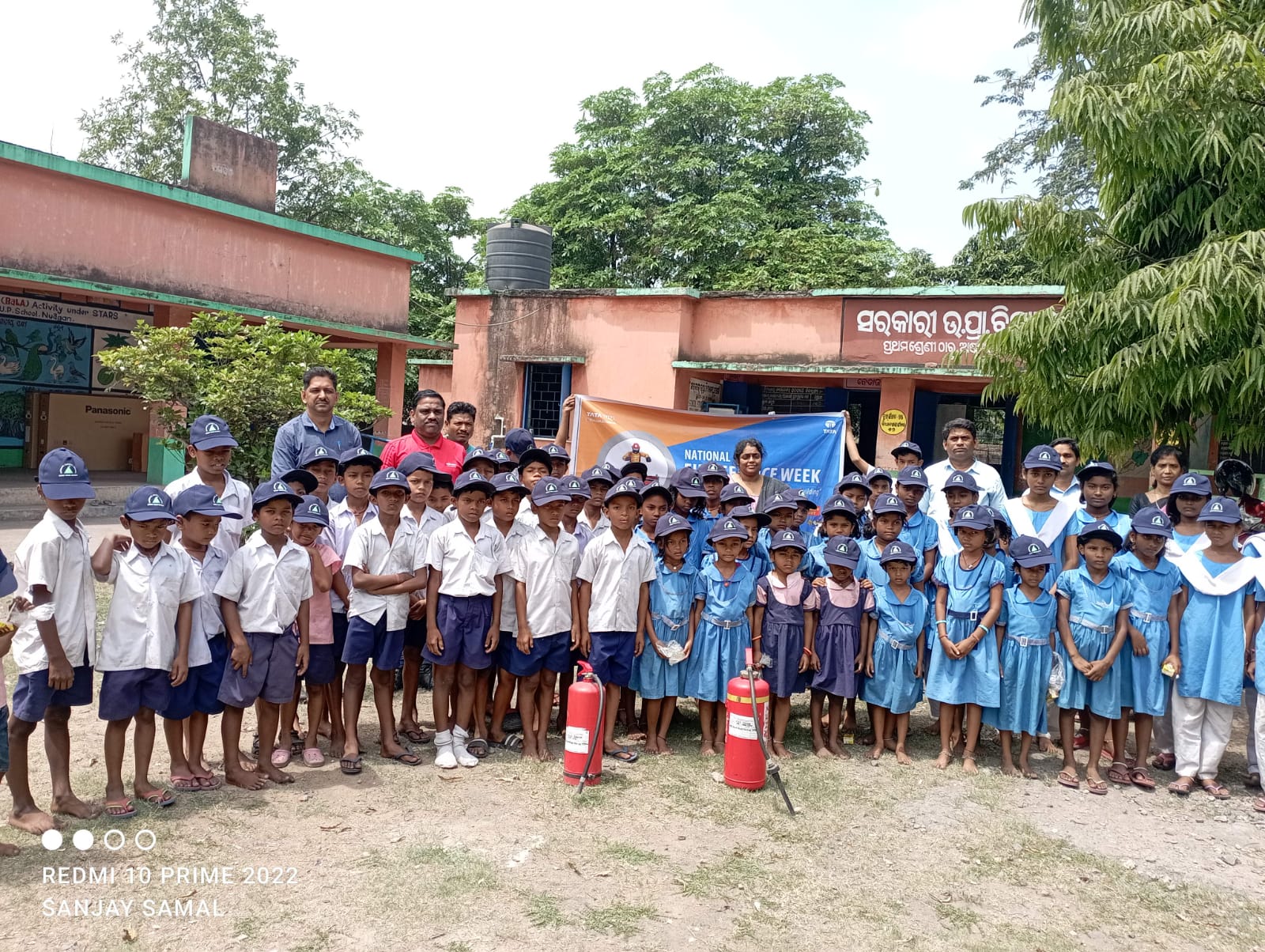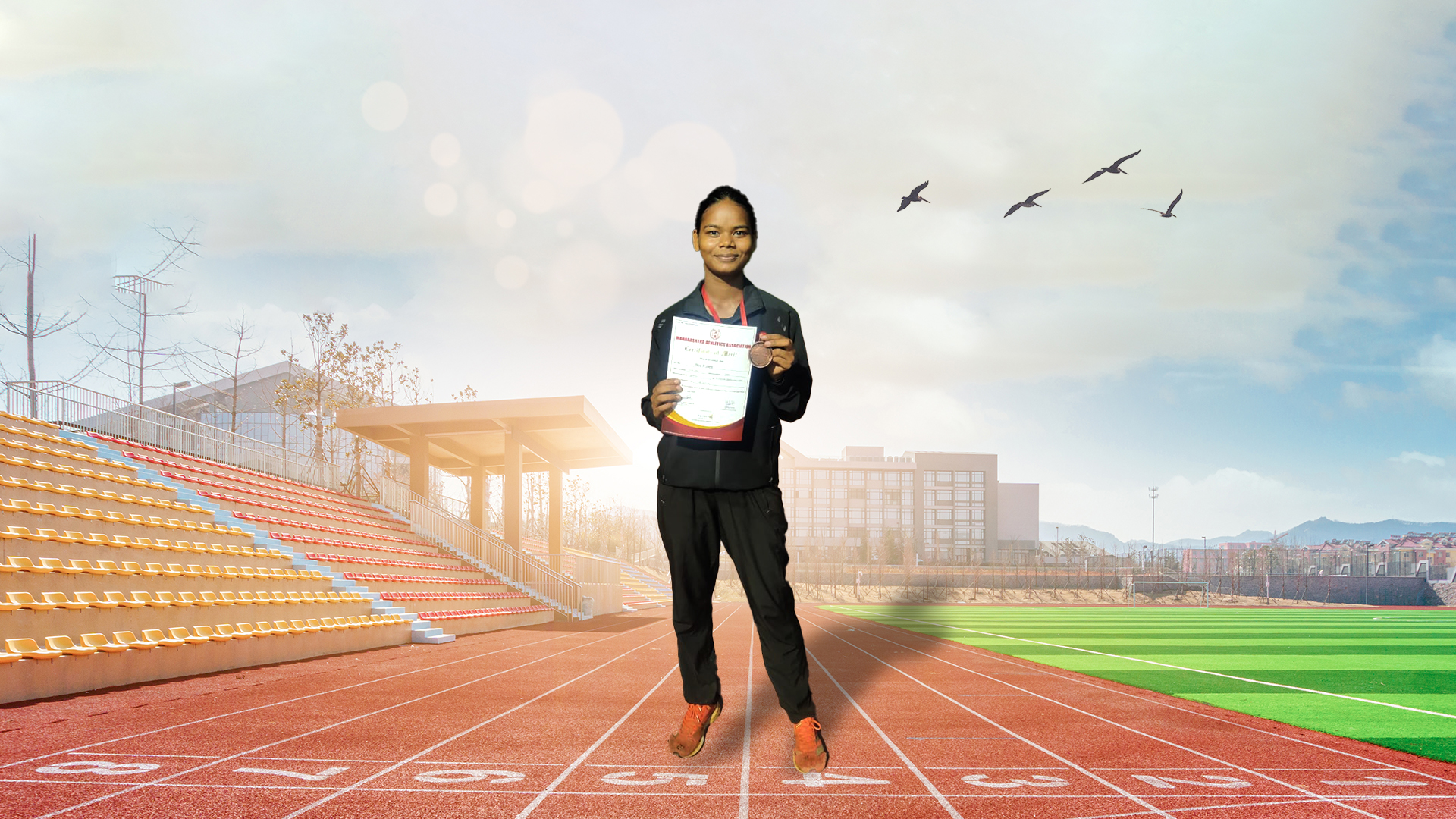WOTR launches manual on its Water Stewardship Initiative to enable sustainable water management practices in rural India
By Watershed Organisation Trust
September 16, 2022

~ The manual draws on WOTR's rich experience of over 27 years in designing and implementing systems to protect and nurture water resources and provides a step-by-step approach to water management by enabling stewardship at the community level ~ Pune, 16th September, 2022: Watershed Organisation Trust (WOTR), a globally recognised nonprofit organization, today launched the Water Stewardship in Rural India - A How to Manual. The manual draws on WOTR's rich experience of over 27 years in designing and implementing systems to protect and nurture water resources and provides a step-by-step approach to water management by enabling stewardship at the community level. The Water Stewardship Initiative (WSI) is based on the understanding that when various community stakeholders come together and are presented with realistic information of their climate, water resources, the related productivity, and their socio-economic context, dialogue, and discussions among them are inevitable. This leads to the development of a common systemic understanding of their situation and are motivated and mobilised for sustainable action towards achieving water governance. It looks at community stakeholders as 'Water Managers' or stewards of the water resources in their villages. While emphasising WOTR’s ecosystem-based approach, the Water Stewardship in Rural India - A How to Manual draws from learnings and experience in designing and implementing the WSI programme in 250 villages across different Indian states, including 100 pilot villages in Maharashtra. The manual provides a credible and scientifically tested methodology which can be put to use by rural development and climate change practitioners for water management in the groundwater dependent, arid and semi-arid regions of the country. Speaking about the manual, Prakash Keskar Executive Director, WOTR, said, “The WSI manual captures our learnings and experiences from the Water Stewardship Initiative’s pilot project. From the 100 pilot villages in Maharashtra, the project has now expanded to 250 villages in different Indian states. By sharing this manual, we hope to inspire further and wider action across the country. India needs many more water managers or stewards to make water available sustainably and to all, while protecting her ecosystems – and we need to do it soon. We look forward to the participation of other organisations in furthering this cause and making our rural communities resilient to the water crisis.” A 2018 Niti Aayog report estimates that 600 people in India live in extreme water stress conditions. India is also the world's largest user of groundwater and consumes more groundwater than China and the US, the next two largest groundwater using countries, combined. With an alarming fall in groundwater tables and water related conflicts on the rise, water resources need an effective governance mechanism to ensure its sustainability. With the WSI programme, WOTR aims to bring the many stakeholders together to comprehensively address water related issues at the community level. The WSI firmly aligns with the National Water Policy, the PMKSY, the Atal Bhujal Yojana and various groundwater laws. About WOTR Watershed Organisation Trust (WOTR) is a globally recognised organization dedicated to transforming the lives of millions of poor villagers across India through participatory watershed development and ecosystems restoration, climate resilient sustainable agriculture, integrated and efficient water management and climate change adaptation, with a special emphasis on building resilience of vulnerable communities, farmers, and women. WOTR, established in 1993 is headquartered in Pune, Maharashtra, India. As on March 2022, WOTR, in collaboration with its partners, has worked in over 4,152 villages across 9 Indian states - Maharashtra, Telangana, Andhra Pradesh, Madhya Pradesh, Rajasthan, Jharkhand, Bihar, Chhattisgarh and Odisha. It has impacted more than 4.07 million people, trained over 497,189 people from across India and 63 countries and collaborated with 230 NGOs/ Project Implementing Agencies (PIAs), and promoted over 10,472 SHGs involving 128,726 women.
© Renalysis Consultants Pvt Ltd








